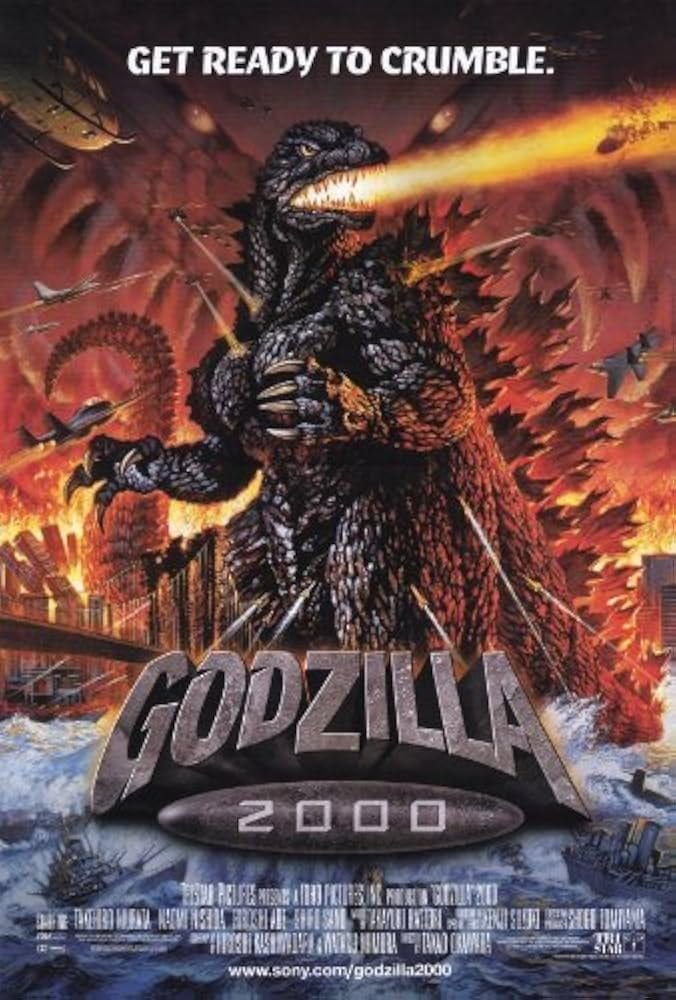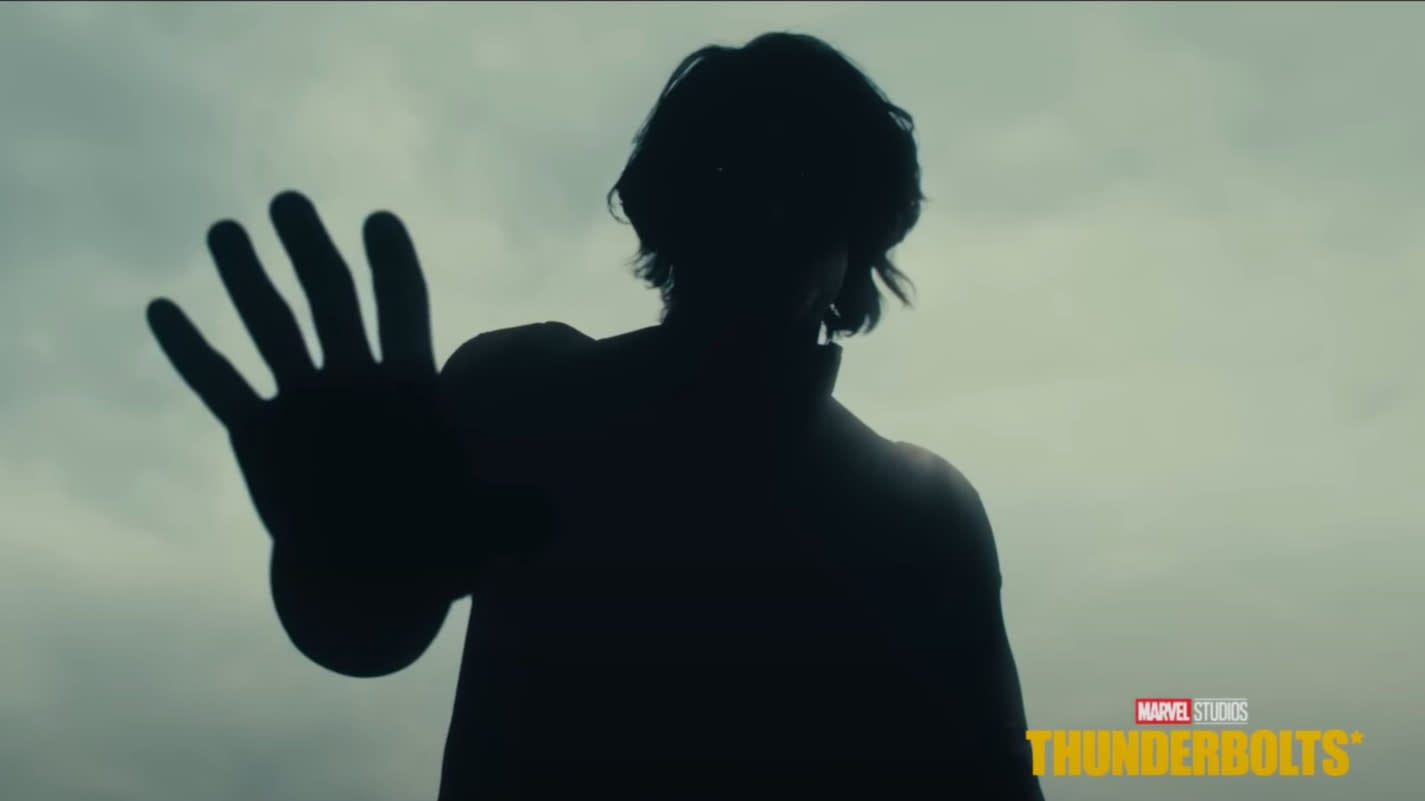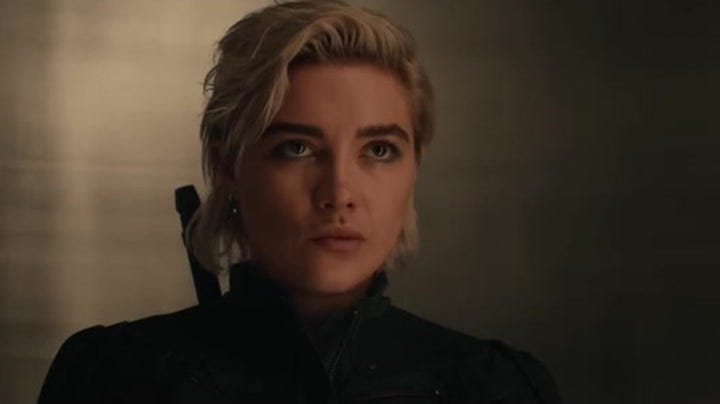We’re going to be publishing exciting and useful content for paid subscribers - especially storytellers and entrepreneurs. Become a better storyteller by becoming a paid subscriber today!
We are now accepting TAX—DEDUCTIBLE donations. All of proceeds will support The Seven Times and our screenings of “The Negro Artist” across the United States.
I’m a big fan of the IMAX theater experience. My parents began taking my brother and I to movie theaters when we were very young. I’ve always been a big Godzilla fan. One of my core memories is that of my mom taking me to see Godzilla 2000 when I was five.
In the summer of 2008, my mom took us to see The Dark Knight in IMAX at the Regal Edwards Ontario Palace in Southern California. It was one of the greatest film experiences of my life. The cinematography, sound design and film score erupted on that giant screen. I’ll never forget it.
Since then, I’ve been catching films in IMAX when it makes sense. Not every movie that is advertised for IMAX is truly an IMAX experience. Such is the case for films like Thunderbolts*, the 36th addition to Marvel Studios’s line of superhero movies. I went to see it Friday night. Though I wouldn’t consider it an IMAX experience on par with Oppenheimer and Sinners, I still went to see it in that format.
The plot followed a team of former villains-turned-antiheroes as they embarked on a mission with near-impossible odds of survival. Throughout the film, they were forced to confront their darkest memories as they reluctantly teamed up to take on an over-powered antagonist known as The Sentry (Alter ego: Robert “Bob” Reynolds).
SPOILER WARNING FOR THE REST OF THE ARTICLE
The Sentry is one of the most powerful heroes in Marvel’s comic book and cinematic worlds. He’s basically Marvel’s version of Superman. In both mediums, his powers are a product of Project Sentry, a fictional government-sponsored effort to create a super-soldier serum.
In the film, Reynolds was a drug addict suffering from manic depression. It was later revealed that Reynolds was a victim of severe child abuse and neglect. On a quest for drugs, Reynolds was manipulated into taking an experimental super-serum. The experiment was a success, and Reynolds gained the power of a million exploding suns. His subconscious created a heroic persona, which is famously known as The Sentry. However, his mental struggles manifested as a malevolent persona called the Void. Essentially, Reynolds became his own worst enemy.

As the film progressed, Reynolds fought to keep his darker half buried within himself. Early in the film, he described his life as a blend of “highs” and “low-lows.” He also explained that sometimes the “lows” sent him into a spiral that lead to a void, and when the void was reached, he lost all sense of who he was. He also became a grave danger to himself and others.
Yelena Belova, the lead protagonist played by Florence Pugh, also grappled with depression. Belova was a skilled assassin who was subject to brutal training and manipulation as a child. The film opened with a monologue from Belova where she described her day-to-day experience as empty and without meaning. Belova explained that she tried to throw herself into work as a way to cope, but doing that worsened her mental state. The audience learned later in the film that Belova was struggling to cope with horrific decisions that she made as a child while trying to survive a deadly situation.
I did not expect mental health to be a central theme of Thunderbolts*, but I’m glad it was. The film gives audiences a tame look at depression without being shallow. I really enjoyed that each character experienced the illness differently, and as a result, they reached for different unhealthy coping mechanisms. The film offers one of the better portrayals of mental illness that I’ve seen in film, and I recommend people check it out - especially if you’ve been keeping up with the Marvel Cinematic Universe.
I am going LIVE tomorrow at 11 AM Central Time to discuss Ryan’s Coogler’s film Sinners with
, , and . Don’t miss it!Check out Deep Midwest: Politics and Culture by
:I’m a proud member of the Iowa Writers Collaborative. Subscribe to the Weekly Roundup to get the links to what we’ve written about each week. Click the links below to learn more about the columnists. Support my work by becoming a paid subscriber to my column!








Brilliant review! I think that you characterised the conflict surrounding Sentry/ Void perfectly as the core of the film.